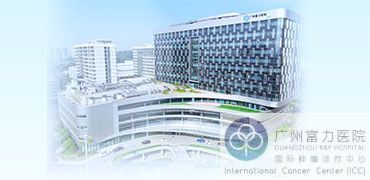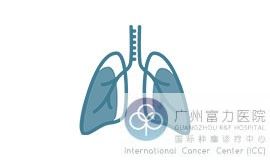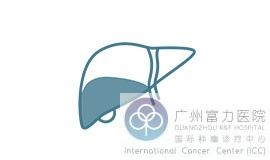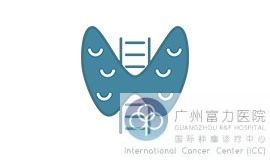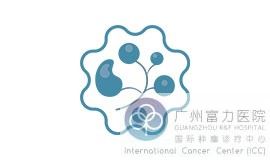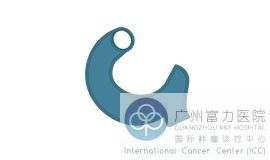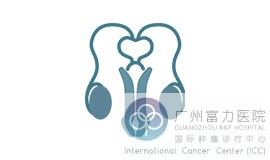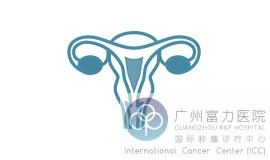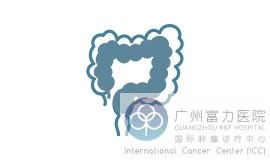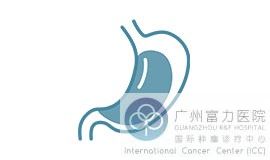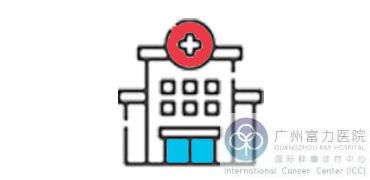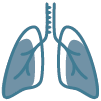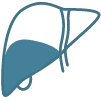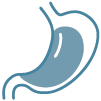Causes of Bowel Cancer
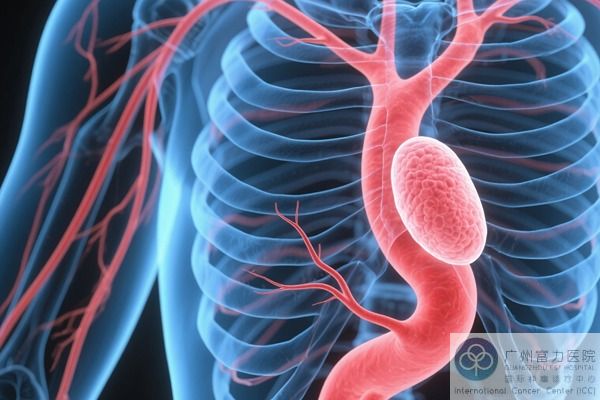
Bowel cancer: comprehensive understanding and hope of conquering it
Intestinal cancer, as a major "enemy" of the digestive system, includes colon cancer and rectal cancer. It is essentially a malignant tumor originating from the large intestinal epithelium, among which adenocarcinoma accounts for the vast majority, while squamous cell carcinoma is extremely rare. If ranked by frequency, the rectum is the first to be affected, followed by the sigmoid colon, cecum, ascending colon, descending colon and transverse colon.
Colorectal cancer is well-known on the global health "blacklist" and is ranked as the third most common malignant tumor. Back in 2018, the GLOBOCAN project of the World Health Organization's Cancer Research Center gave a set of heavy data: there were about 1.8 million new cases of colorectal cancer worldwide. In the same year, about 880,000 people were ruthlessly killed by colorectal cancer.
Many factors are involved in the development of colorectal cancer. Bad eating habits are the main cause. Long-term intake of high-fat, low-fiber foods is like planting a "bomb" in the intestines. In addition, environmental and behavioral factors such as chronic inflammation of the large intestine, adenomas, genetic susceptibility, gastrointestinal diseases, chemical carcinogens, schistosomiasis, pelvic radiation, soil molybdenum deficiency, smoking, etc., all add fuel to the fire of colorectal cancer.
When mid- to late-stage colorectal cancer strikes, patients and their families are most concerned about whether it can be cured. Fortunately, current medical advances bring hope, and minimally invasive treatments have come to the fore. It has small incisions and few side effects, can significantly preserve liver tissue, and avoids the pain of surgical resection, allowing patients to get rid of the torture of traditional radiotherapy and chemotherapy. It lights the dawn of rebirth for patients with mid- and late-stage colorectal cancer and helps them overcome the difficulties.
Intestinal cancer, including colon cancer and rectal cancer, is a common malignant tumor of the digestive system. Its incidence is the result of the combined action of multiple factors, mainly including the following aspects:
Dietary factors
High-fat, high-protein diet: Long-term and excessive intake of high-fat, high-protein foods will increase the secretion of bile acids in the intestines. These bile acids can be converted into secondary bile acids such as deoxycholic acid and lithocholic acid under the action of intestinal bacteria. They have a strong stimulating effect on the intestinal mucosa and may lead to abnormal proliferation of intestinal mucosal cells, increasing the risk of colorectal cancer.
Low-fiber diet: Dietary fiber can increase stool volume, promote intestinal peristalsis, reduce the residence time of stool in the intestine, and reduce the contact time between harmful substances and intestinal mucosa. If the fiber intake in the diet is insufficient, it can easily cause constipation, causing harmful substances to accumulate in the intestines and increasing the possibility of colon cancer.
Pickled, smoked and processed meats: Pickled foods contain large amounts of nitrite, which can be converted into nitrosamine compounds in the intestines, a type of strong carcinogen. Smoked and roasted foods contain carcinogens such as polycyclic aromatic hydrocarbons and benzopyrene. Processed meats usually contain additives and preservatives, such as nitrites. Long-term and excessive consumption of these foods can increase the risk of colon cancer.
Intestinal diseases
Inflammatory bowel disease: Such as ulcerative colitis and Crohn's disease, is a chronic inflammatory disease of the intestine. Long-term intestinal inflammation can cause repeated damage and repair of the intestinal mucosa. During this process, intestinal mucosal cells are prone to genetic mutations, which can lead to cancer. According to statistics, the risk of colon cancer in patients with ulcerative colitis is 10-20 times higher than that of the general population.
Colorectal adenoma: Colorectal adenoma is a common benign intestinal tumor, but it is the most important precancerous lesion of colorectal cancer. Most bowel cancers develop gradually from adenomas, a process that can take 5-10 years or even longer. The size, shape, and pathological type of adenoma are closely related to the risk of cancer. Generally, adenomas with a diameter greater than 2 cm, villous adenomas, and adenomas accompanied by severe atypical hyperplasia have a higher risk of cancer.
Schistosomiasis: In schistosomiasis-endemic areas, schistosome eggs are deposited under the intestinal mucosa, which can cause chronic inflammation, ulcers, and polyp formation of the intestinal mucosa. Long-term inflammatory stimulation can increase the risk of colorectal cancer
Genetic factors
Hereditary non-polyposis colorectal cancer: also known as Lynch disease, is an autosomal dominant genetic disease that accounts for approximately 2% - 5% of all colorectal cancers. The patient has a mutation in the mismatch repair gene, which causes errors in the DNA replication process to be unable to be repaired in time, thereby increasing the chance of gene mutation and significantly increasing the risk of colorectal cancer. These patients usually develop the disease at an early age and often have concomitant malignancies in other organs.
Familial adenomatous polyposis: This is also an autosomal dominant genetic disease. The patient will have a large number of adenomatous polyps in the large intestine, ranging from dozens to thousands. If left untreated, these polyps will almost certainly become cancerous, and by the time a patient is around 40 years old, their risk of developing bowel cancer can be as high as over 90%.
Other factors
Obesity: Obesity is one of the important risk factors for colorectal cancer. The fat cells in obese people secrete a variety of cytokines and hormones, such as insulin-like growth factor, leptin, adiponectin, etc. These substances will affect the growth, proliferation and apoptosis of intestinal cells and promote the development of tumors. In addition, obesity is also related to intestinal flora imbalance, chronic inflammatory response, etc. These factors may also increase the risk of colorectal cancer.
Diabetes: Due to long-term high blood sugar levels in diabetic patients, they may suffer from intestinal microvascular disease and neuropathy, affecting the normal function of the intestine and blood circulation. At the same time, a high blood sugar environment is beneficial to the growth and proliferation of tumor cells, and insulin resistance may also promote the occurrence of colorectal cancer by affecting cell signaling pathways. Studies have shown that people with diabetes have a 1.5-2 times higher risk of developing bowel cancer than people without diabetes.
Smoking and drinking: Smoking is an important risk factor for colorectal cancer. Harmful substances such as nicotine and tar in tobacco can enter the intestine through the blood circulation, damage intestinal mucosal cells and cause gene mutations. Long-term and heavy drinking can directly stimulate the intestinal mucosa, causing intestinal mucosal damage, while affecting the balance of intestinal flora, increasing intestinal inflammatory response, and thus increasing the risk of colorectal cancer.
Lack of exercise: Long-term lack of exercise will slow down the body's metabolism and intestinal peristalsis, causing feces to stay in the intestines for a longer time and harmful substances to stimulate the intestinal mucosa for a longer time. At the same time, lack of exercise will also affect the body's immune system function, reducing the body's ability to monitor and eliminate cancer cells, thereby increasing the risk of colorectal cancer.
Use precise technology to create more possibilities for life.
The Cancer Center of Guangzhou R&F Hospital has opened an era of "chemotherapy-free survival" for cancer patients, winning a lasting victory for life. If you or your family are facing difficulties in cancer treatment, please contact the Guangzhou R&F Hospital Cancer Center. We offer multilingual medical history consultations, contact us today to get an assessment of your treatment eligibility.
Contact Us:
email: rfcancercenter@gmail.com |
WhatsApp: +86 18565157271




